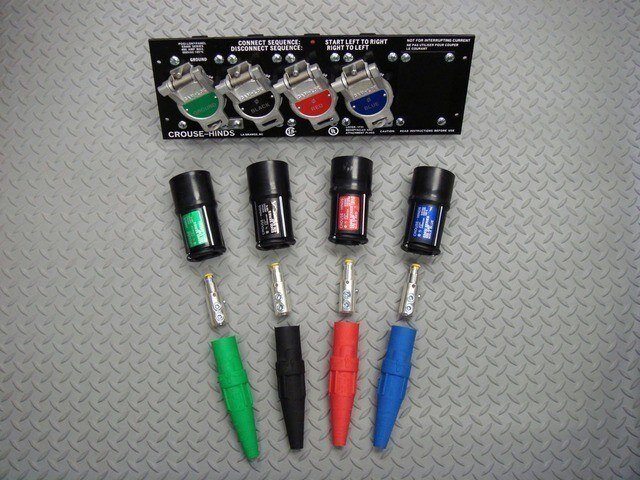someguy98457
Member
Unless you have a certification, your work wouldn't really hold up if something were to happen. Obviously if something happened and a proffessional did it, there would still be issues but an "amateur" just makes the situaion worse. Just because you are an "electrician" in that you work with lighting which uses electricity, doesn't mean you're qualified to wire a building etc... I think Marmer's statement was along the lines of when there's that much power flowing through something I don't want anybody except people who do that as their profession and know what they're doing to touch it. Just to be safe. For what it's worth, I know people who've been "master electrician" for a show but wouldn't have had the forethought or training to LOTO a rack before trying to pull a dimmer out of it.
Long story short, I wouldn't advertise yourself as an electrician unless you've take courses or a certification and have real official training. I have done some work rewiring fixtures Etc... and list it as something I've done but make it clear anything more than A, B, or C would be outside of my realm of knowledge.
I might have undercut my experience and training cause I dont want to be cocky, but my question, which I didn't phrase well, is where is the line? Does everyone have a certification that's a theater electrician? I'm not talking about doing building code and running conduit, or rather is that in fact a job for a house electrics crew? How far past hang, circuit, focus, movers, dmx, board programming, etc. etc. etc. does it go?



